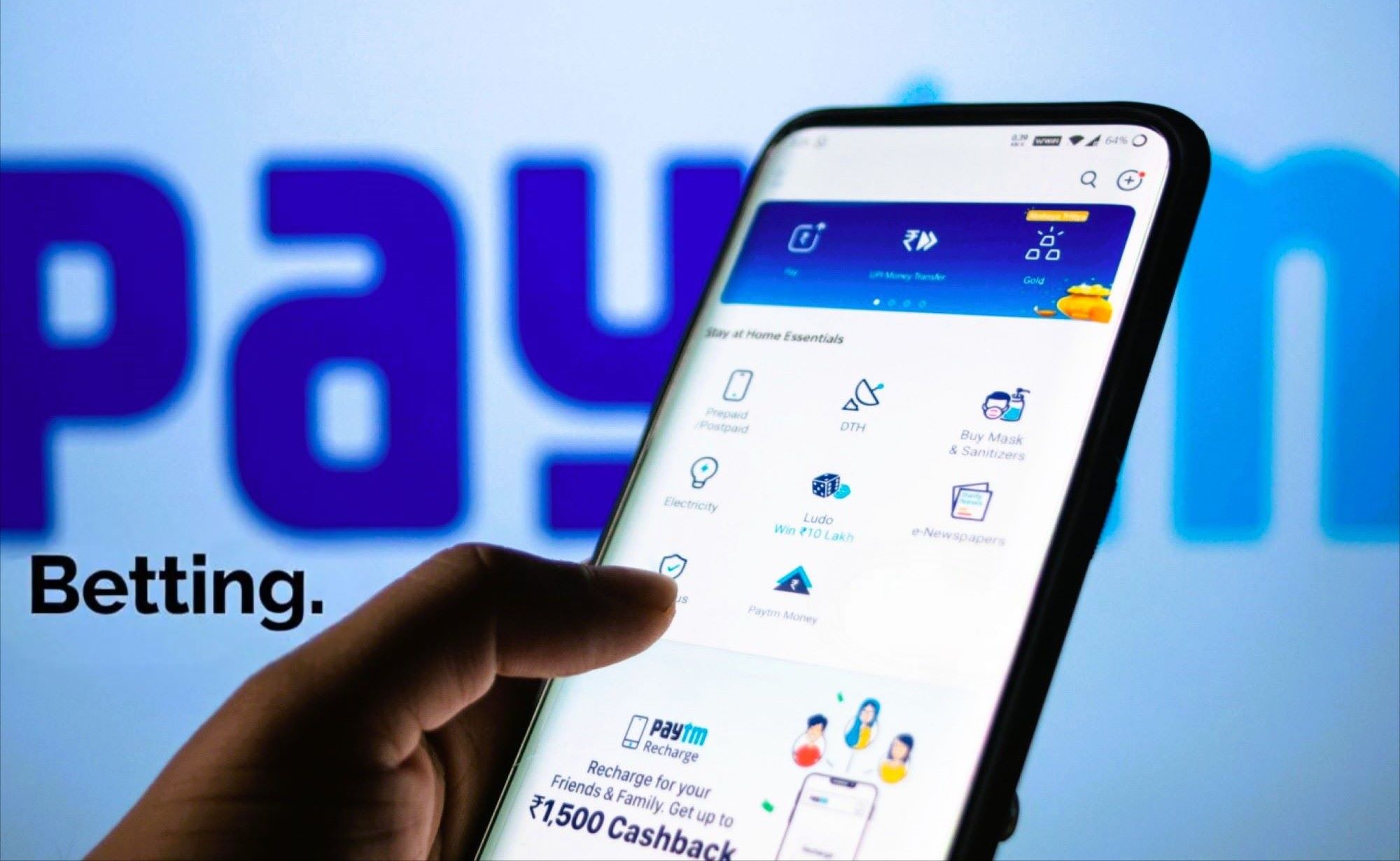Ever wondered how safe your data really is when you’re playing online casino games in India? With the boom of digital gambling platforms, ensuring your privacy and financial security has become a hot topic. That’s where SSL and encryption step in. But what do these terms actually mean—and how do they protect you? Let’s break it all down in a fun, engaging, and totally non-geeky way.
What Exactly Is SSL?
SSL, or Secure Sockets Layer, is far more than just a technical term tossed around in conversations about internet security. It’s essentially the digital equivalent of a bodyguard, protecting the sensitive information you share online. When you’re playing at an online casino, SSL acts as a shield between your device and the casino’s server, ensuring that any data you transmit—whether it’s your login credentials, personal details, or payment information—is kept safe from prying eyes.
The way SSL works is by encrypting the information before it leaves your device. Encryption is like scrambling your message into a secret code that only the intended receiver can understand. This means that even if someone manages to intercept the data, all they see is meaningless gibberish. This process makes it incredibly difficult for hackers or malicious third parties to eavesdrop or steal your information while it’s in transit across the internet.
One of the easiest ways to know SSL is active is by spotting the small padlock icon next to the website address in your browser’s address bar. That little lock isn’t just for show—it signals that the website has successfully established a secure connection with your browser. For online casinos, this padlock is a crucial symbol that reassures players their data is being handled with care and meets modern security standards.
In addition to protecting your data, SSL helps build trust between you and the casino platform. Without it, online casinos would struggle to gain and maintain player confidence. When you see the padlock, you know that the casino has taken steps to safeguard your privacy and financial details, making your gaming experience safer and more enjoyable overall.
How Does SSL Encryption Work in Casinos?
- When you connect to an online casino, the first step involves your browser reaching out to the casino’s server with a greeting, often called a “handshake.” This handshake is the starting point where both sides prepare to establish a secure connection.
- Next, the casino server presents its SSL certificate to your browser. This certificate is like a digital ID card, proving that the casino is legitimate and that its identity has been verified by a trusted authority. Your browser checks this certificate carefully to ensure it hasn’t expired or been tampered with.
- Once the certificate is verified, your browser and the casino server agree on a secret encryption key. This key acts like a shared password, known only to the two of them, which will be used to lock and unlock the data exchanged during your session.
- After agreeing on the key, the actual data transmission begins. Every piece of information you send, from your login credentials to payment details, is encrypted using this key. This encryption turns your data into an unreadable format that only the casino’s server can decrypt, ensuring it remains confidential and protected against interception.
- The entire SSL encryption process—from handshake to data encryption—happens seamlessly in the background, typically within milliseconds, so you don’t experience any delays or disruptions while playing.
- Because of this complex yet invisible exchange, your connection remains secure throughout your gaming session, allowing you to focus on enjoying your favorite casino games without worrying about security breaches.
- The encryption also protects against “man-in-the-middle” attacks, where hackers try to intercept communication between you and the casino, by making intercepted data useless without the secret key.
- In addition to encryption, SSL provides data integrity, meaning the information you send or receive cannot be altered or corrupted without detection during transit.
- Finally, SSL ensures authentication, confirming that you are indeed communicating with the genuine casino server, not an imposter trying to steal your information.
- Altogether, this step-by-step SSL encryption process forms the backbone of secure online casino gaming, making sure your sensitive data stays safe from hackers, fraudsters, and any unauthorized third parties.
Types of SSL Certificates Used by Indian Online Casinos
| Type of SSL Certificate | Security Level | Verification Process | Common Use | Visual Indicator |
| Domain Validated (DV) | Basic | Validates ownership of the domain only | Entry-level and smaller casinos | Padlock icon with HTTPS |
| Organization Validated (OV) | Medium | Validates domain ownership plus organization identity | Trusted, mid-tier casinos | Padlock icon and company name in certificate details |
| Extended Validation (EV) | High | Rigorous validation of business and domain ownership | Premium casinos, big brands | Green address bar with company name displayed |
What Is Encryption and Why Does It Matter?
Encryption is a fundamental security technique that transforms your sensitive information into a coded format that nobody else can understand without the correct key. When you send important details like credit card numbers, passwords, or personal data over the internet, encryption scrambles this data into a seemingly random string of characters. This process ensures that even if someone intercepts your information during transmission, they won’t be able to make sense of it or misuse it.
To visualize encryption, think of it like sending your private WhatsApp messages through a complicated maze. Only the person on the other side has the map to navigate this maze and read the original message. Without the key or map, anyone trying to peek into your conversation just sees confusing nonsense. This analogy captures how encryption keeps your information safe from hackers and unauthorized viewers, providing a crucial layer of protection especially in online environments like casinos.
Encryption matters because online gambling platforms handle a lot of sensitive information. From your financial details to your personal identity, any breach can have serious consequences such as fraud or identity theft. By using encryption, casinos ensure that your data remains confidential and secure, which builds trust and confidence among players who want to enjoy their gaming experience without worrying about security risks.
Furthermore, encryption not only protects data while it is being sent but also helps maintain its integrity. This means that your information can’t be tampered with or altered by attackers during transmission. In a world where cyber threats are constantly evolving, encryption stands as a powerful defense mechanism that safeguards your digital interactions and keeps your private data truly private.
The Role of 128-bit and 256-bit Encryption in Casino Security
- Encryption bit-lengths like 128-bit and 256-bit refer to the size of the key used to scramble and unscramble data. The longer the key, the harder it is for hackers to break the encryption through brute force attacks.
- 128-bit encryption is widely regarded as strong and efficient, providing a solid balance between security and speed. It’s fast enough to not slow down your gaming experience while being secure enough for protecting sensitive information such as login details and payment data.
- Many online casinos rely on 128-bit encryption as the minimum standard because it effectively guards against most hacking attempts, making it safe for everyday use without compromising performance.
- 256-bit encryption, on the other hand, offers a much higher security level. It’s often described as the “Fort Knox” of encryption because it provides an exponentially larger number of possible key combinations, making it practically impossible to crack with current technology.
- This level of encryption is used by governments, financial institutions, and premium online casinos that prioritize the highest standard of data protection, especially for high-value transactions and sensitive player information.
- To put things into perspective, 128-bit encryption has about 3.4 x 10^38 possible key combinations, making it take billions of years for even the fastest computers to crack it by brute force.
- In contrast, 256-bit encryption has roughly 1.1 x 10^77 key combinations — a number so vast it exceeds the estimated number of atoms in the universe, meaning it would take longer than the age of the universe to break.
- Because of these enormous numbers, both 128-bit and 256-bit encryptions are considered uncrackable in practical terms, giving Indian online casino players peace of mind about their data security.
- Casinos that use 256-bit encryption typically show stronger commitment to player protection, especially on sites handling large volumes of money or sensitive personal data.
- While higher encryption offers better security, it can require more processing power, which is why some casinos use a mix depending on the type of data being transmitted.
- In summary, whether it’s 128-bit or 256-bit encryption, both play a critical role in securing the digital transactions and communications between players and online casinos, creating a safe gaming environment free from cyber threats.
Why Indian Players Should Care About SSL and Encryption
| Data at Risk | Type of Information | Potential Threats Without SSL/Encryption | Impact on Player | How SSL/Encryption Protects |
| Personal Data | Name, email address, phone number | Identity theft, phishing attacks | Loss of privacy, financial fraud | Encrypts data to prevent interception and misuse |
| Payment Information | Credit/debit card details, bank account, UPI IDs | Unauthorized transactions, financial theft | Loss of funds, bank account compromise | Secures transactions with strong encryption |
| Location Data | IP address, GPS info | Tracking by malicious actors, targeted attacks | Privacy invasion, potential stalking | Masks location data via secure connection |
| Device Information | Device type, browser info, OS details | Device-specific exploits, malware injection | Device compromise, data leakage | Encrypts data transfer preventing manipulation |
| Login Credentials | Usernames, passwords | Account hacking, unauthorized access | Account takeover, loss of account control | Encrypts login info ensuring safe authentication |
Signs of a Secure Indian Online Casino
Before you dive into the thrill of online casino games like Andar Bahar or Teen Patti, it’s crucial to make sure the platform you’re using is genuinely secure. One of the most obvious signs of safety is the presence of HTTPS in the website’s address bar. This indicates that the site is using a secure connection, encrypting all the data exchanged between you and the casino, which prevents hackers from snooping on your sensitive information.
Another important feature to look for is a visible SSL certificate. This certificate acts as a digital passport, proving that the casino’s identity has been verified by trusted authorities. It’s a reassurance that the site isn’t a phishing scam or a fraudulent operation designed to steal your details. The padlock icon accompanying the SSL certificate is a small but powerful symbol that your connection is protected.
Modern online casinos also enhance security by offering Two-Factor Authentication (2FA). This extra layer requires you to provide two forms of identification before you can access your account—typically a password plus a unique code sent to your phone. This makes it much harder for unauthorized users to break into your account, even if they somehow get hold of your password.
Lastly, pay attention to whether the casino uses encrypted payment gateways and is regularly audited by trusted third-party organizations such as eCOGRA. Encrypted payment gateways safeguard your financial transactions from interception, while audits by independent bodies ensure that the casino operates fairly and securely. Missing any of these elements is a red flag, like walking into a physical casino with the back door wide open, leaving you vulnerable to potential fraud or data theft.




